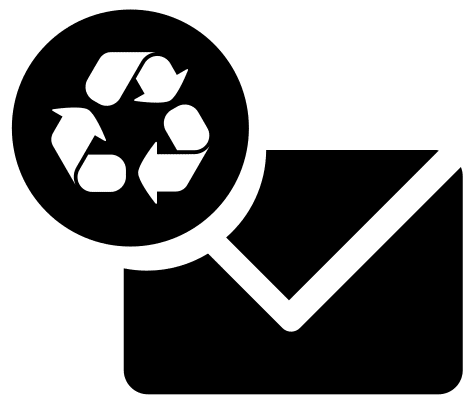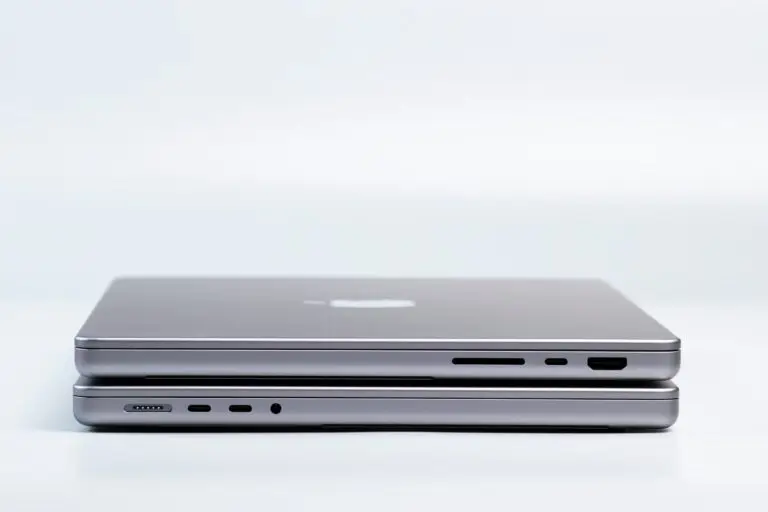Electronic devices are a part of our daily lives, but when it’s time to get rid of them, many people overlook the importance of protecting sensitive data. Disposing of electronics improperly can lead to data breaches that could compromise personal and business information. For businesses in Columbus, ensuring that old gadgets don’t become a liability means understanding their recycling options and being mindful of data security.
Protecting sensitive information during electronics recycling isn’t just about keeping data private. It’s about safeguarding business reputation and avoiding potential financial losses. By choosing the right approach to recycling and keeping security in mind, companies can recycle responsibly while being assured that their data remains confidential.
Understanding the Risks of Data Breach
A data breach happens when unauthorized individuals access private information stored on your devices. This can occur for many reasons, especially during the recycling of electronics, when data isn’t completely erased. A hard drive or smartphone that hasn’t been properly wiped can give anyone access to sensitive files, which is a big risk.
Common sources of data breaches during recycling include:
– Improper Data Wiping: Many believe deleting files or formatting disks is enough. However, the data can often be recovered unless it’s completely destroyed.
– Insecure Disposal Practices: Simply tossing devices into the trash or leaving them in recycling bins without concern for data removal leads to unintended access.
– Use of Uncertified Recyclers: Some recyclers might not have stringent measures in place, risking exposure of personal or business information.
Imagine sending off a batch of old computers to be recycled, only for them to end up in a facility that doesn’t follow stringent protocols. Not only could someone access the information stored on those computers, but they might also sell that information to others. Data breaches can cause headaches ranging from stolen identities to financial losses. It’s like leaving your home door wide open—a situation nobody wants to be in. Understanding these risks is crucial for any business looking to responsibly recycle electronics.
Steps to Secure Sensitive Information
To safeguard your sensitive information before recycling electronics, it’s crucial to follow some key steps. First, always ensure data wiping is thoroughly done. This means more than just dragging files to the trash; using specialized data-wiping software is essential to make sure that information can’t be easily retrieved. Programs are available that can overwrite data several times, making recovery incredibly difficult.
Next, consider using a technique called degaussing, especially for hard drives. This involves using a special machine to disrupt the magnetic field of the disk, effectively erasing any data stored. Lastly, when possible, physically destroy the hard drive. Crushing or shredding it ensures data can’t be accessed. While it may seem extreme, this step guarantees that the information is unrecoverable.
These measures help prevent personal or business data from falling into the wrong hands. Securing network credentials, financial records, and personal data provides peace of mind and fine-tunes your recycling strategy. Trusting these practices keeps your data out of reach and protects your business as well as individuals connected to it.
Partnering with a Certified Recycling Service
Working with a certified electronics recycler ensures a responsible and secure recycling process. Certified partners adhere to strict security measures, ensuring that every piece of your hardware and data is handled responsibly. By choosing certified, you gain the confidence that your equipment will be ethically and securely processed.
Look out for certifications such as the R2 Standard or e-Stewards, which denote high levels of responsibility and expertise in electronics recycling. These certifications ensure the recycler meets stringent environmental and data security standards, offering peace of mind knowing that your data won’t be misused or mishandled.
Choosing such a partner shows not just concern for data security but also a commitment to environmental safety. Certified recyclers can guarantee that items are appropriately recycled, protecting against not just data breaches but also minimizing environmental impact.
The Recycling Process at Beyond Surplus
Once the right partner has been chosen, understanding their recycling process can further set your mind at ease. Certified recyclers often offer a comprehensive service that starts with collecting electronics from your site. They then transport them securely to their facility, where they undergo the necessary data wiping and destruction procedures.
Subsequent steps typically include dismantling the devices into recyclable components, ensuring anything hazardous is handled correctly. Each stage of this streamlined process focuses on safety and efficiency, ensuring secure handling and reducing the risk of data breaches. Recycling service providers not only prioritize safety but also environmentally friendly practices, contributing to a cleaner and more sustainable future.
Final Thoughts on Safe Electronics Recycling
When it comes to recycling electronics, securing sensitive information is a priority. With the risks and implications of data breaches being so significant, ensuring data is protected through secure recycling practices is vital. Understanding data breaches, implementing proper security measures, and partnering with the right recycler ensures you recycle responsibly and confidently.
In Columbus, secure electronics recycling means choosing certified partners, staying informed about security steps, and showing a commitment to both your data’s security and environmental health. By doing so, businesses protect themselves from potential fallout, secure sensitive information, and support a sustainable planet.
If you’re looking to enhance your knowledge of secure practices while ensuring proper disposal, consider exploring electronics recycling in Columbus with Beyond Surplus. By partnering with an experienced service provider, you’ll not only safeguard your data but also contribute to a healthier environment. Choose wisely and make informed decisions to protect your information and support sustainable practices.



